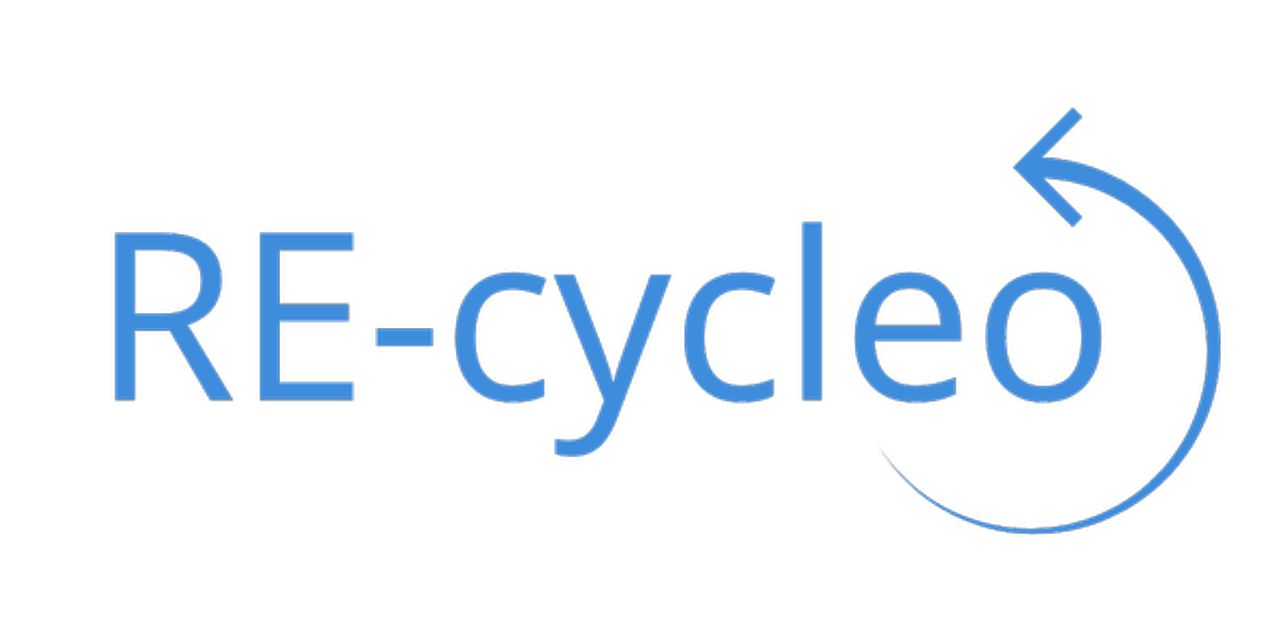
Sculpteo recently announced a new recycling program for unwanted 3D prints.
The company aims to tackle the global issue of waste generated by the 3D printing industry. Sculpteo, a BASF-owned 3D printing and manufacturing service, has catered to thousands of customers around the world, and they all share a common problem: waste 3D prints.
The Iterative Nature of 3D Printing
Designing a part often involves an iterative process where the initial version isn’t quite right. This is typically discovered after fit tests using the first print reveal some flaws in the geometry or other issues that only become apparent during physical handling.
As a result, multiple attempts are usually required before a part is deemed suitable for use, generating a collection of not-so-good parts in need of recycling.
Recycling Challenges in the 3D Printing Industry
The sad reality is that recycling waste 3D prints is notoriously challenging worldwide. Due to prints being made from a variety of polymers, they are of little value to recyclers. Recycling operations can only thrive if they have substantial quantities of known materials that can be batched together.
Consequently, most existing recycling programs require very specific input materials, such as only accepting Pepsi bottles made from a particular PET mix.
Sculpteo’s “RE-cycleo” program, developed in partnership with long-standing collaborator Agiplast (recently acquired by Arkema), aims to circumvent these issues. They explain:
“In line with our commitment to make the industry of 3D Printing more sustainable, we are partnering with long-standing collaborator Agiplast, recently acquired by Arkema, to offer customers a unique Recycling Program. Up until now, recycling channels have only been accepting large volumes. With this new program, it is now possible for our customers to return their Nylon PA11 and Nylon PA12 parts directly to us, even if they only have one unit, and take part in the recycling process. Just send it to us, and we will take care of the rest!”
The program accepts parts made with Sculpteo’s PA11 and PA12 materials from their clients. Accepted parts must not have any coating but can be color dyed.
Shipping Costs: A Potential Roadblock
An immediate concern regarding the RE-cycleo program is shipping costs. Having recyclers pay to ship single parts back to Sculpteo would be financially impractical. Even bundling many parts together for a shipment would still pose a challenge.
Sculpteo’s process consists of a few steps:
- Fill in an authorization form for a recycling return
- Reuse the Sculpteo box that was used to send the part initially
- Pack the box with the authorization and the part
- “Post your parcel” at the nearest post office
- Optionally, you can also physically drop packages at Sculpteo’s local factory
Nowhere does it mention Sculpteo covering shipping costs, so it seems that this program might only be feasible for those within affordable shipping distances from Sculpteo. Shipping a single part across an ocean for recycling doesn’t sound very sustainable, which could be a significant drawback for overseas clients.
Via Sculpteo
